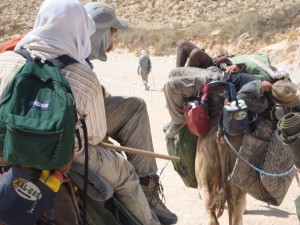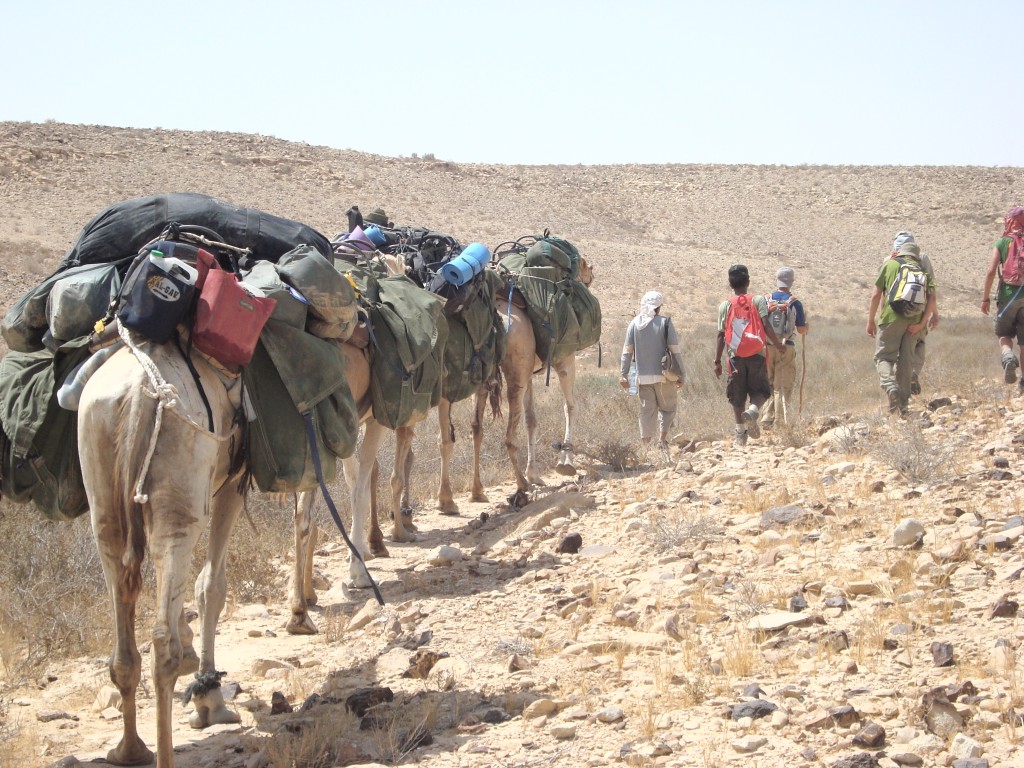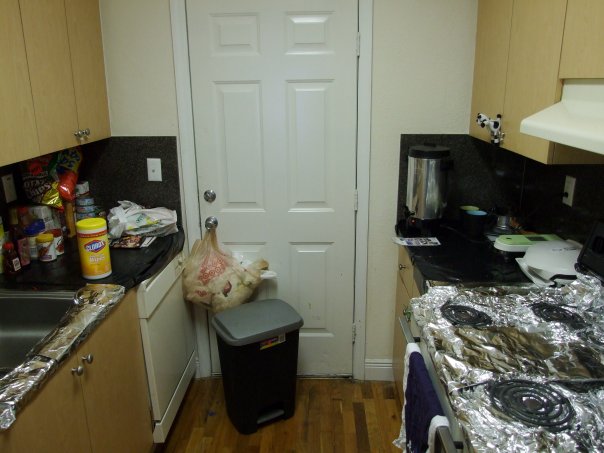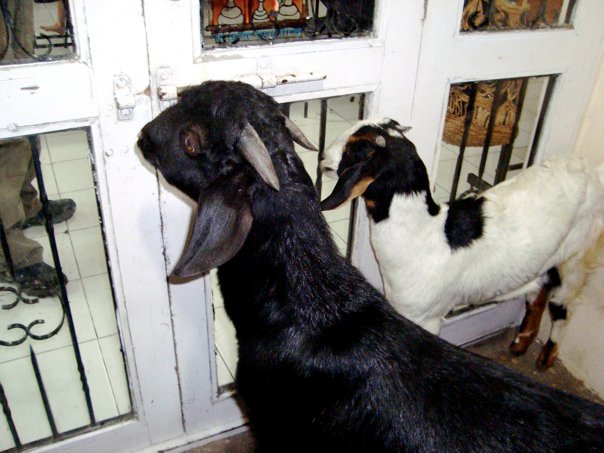Lately I’ve been finding chametz everywhere.
Most people seem to think that because I’ve been living out of a backpack for so long, it surely should be easy to locate all my chametz and rid myself of it. Lucky girl, they think, her Pesach cleaning will only take a few minutes – mine will take a few days, or a few weeks!
But it’s not true. You’d be amazed at how well you can hide little things in a backpack. You’d be shocked at how much chametz I’ve actually come across. Whether it’s an itty bitty candy bar I’d squirreled away for a special occasion then forgotten about (I do that more often than I should!) or a bar of handmade oatmeal soap, I am finding chametz in all sorts of crazy places.
For those of you who don’t know, “chametz” is what we would call “leavening” in English, although that doesn’t quite capture the whole gist of the word. It encompasses everything that either is leavened (e.g., cookies), is used to leaven (e.g., yeast), or could become leavened (e.g., flour). Basically, everything that’s not matzah and comes from one of the 5 grains (wheat, oats, spelt, rye, and barley) is forbidden on Pesach (Passover). We aren’t even allowed to own it.
Most people liken chametz to our egos. Just as the grain in bread is “puffed up” with air, so too are we “puffed up” with our own sense of self, and self-importance.
Fitting, then, that just one week before Pesach our Torah portion describes the sacrifices. Fitting because we notice something very interesting about them. In almost all of them, chametz is forbidden. Even when flour and oil are offered, they are fired so quickly that they pretty much turn instantly into matzah – no time to rise!
Of course, we should take this to mean that if we are coming to G-d to make an offering we should come without our egos. We should approach G-d with complete humility. Nullification of the self allows room for G-d to enter.
But chametz is offered on two special occasions: the thanksgiving offering (after one’s life has been saved) and the Shavuot offering. The thanksgiving offering makes a lot of sense. After all, we are not concerned about approaching G-d with our egos when He has just saved our lives! We are grateful to Him and we express that gratitude not just with the offering, but by sharing a 24-hour long meal with our family and friends, giving ample opportunities to talk all about the great thing G-d just did for us. If you are going to G-d with gratitude, you are not going with ego.
There are many possible explanations for the Shavuot bread offering, but my feeling is that it is similar. Having spent 49 days counting the omer and focusing on removing the egos from within us, we have finally prepared ourselves to approach G-d even with our leavening. Our egos have been nullified and we can, on the holiday when we celebrate receiving the Torah, approach G-d as ourselves, in tact, without having to remove parts of ourselves.
But before we can get to the stage when we can offer up our whole selves, we have to nullify our egos. That process starts with Pesach, when we spend 8 days foregoing our egos, giving up our “leavening” and just being (and eating) “matzah.” And the start of that process is right now, when we begin cleaning our homes – and our lives – of chametz.
So it doesn’t matter how light you travel. There is always some chametz hiding somewhere in that backpack of yours, and you may have to look in some unlikely places to find it. Whether yours is hiding in your liquor cabinet or is in your can of spray deodorant, I guarantee you that there is chametz in your life. And this is the time to be rid of it.
Good luck with all your Pesach cleaning – both physical and spiritual!
Read More








